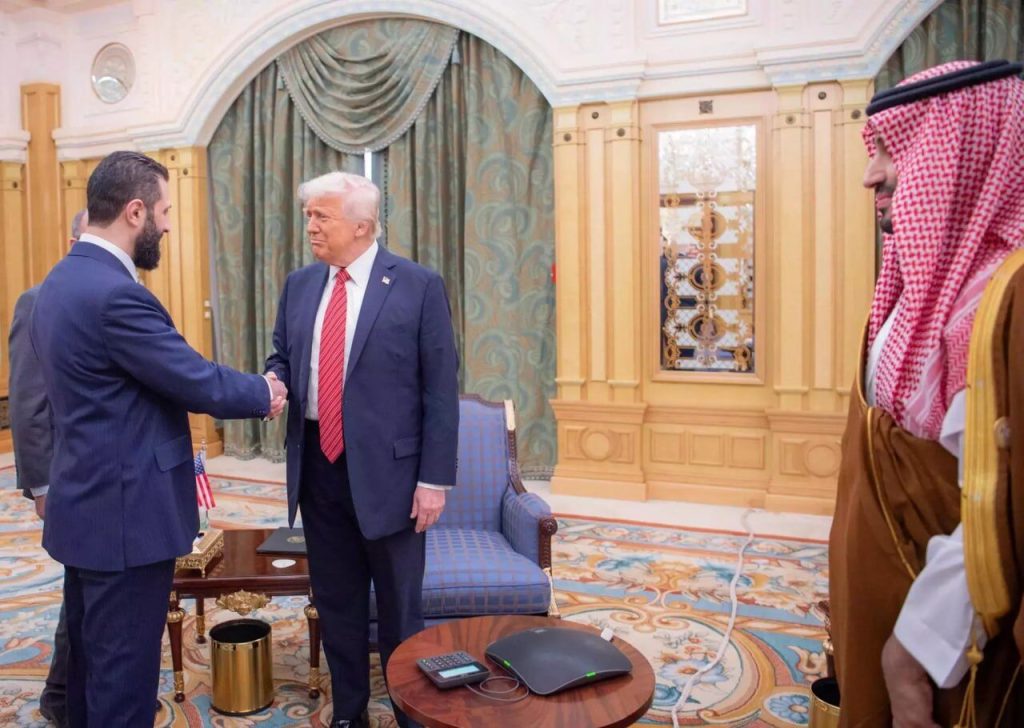American think tank: Lifting sanctions on Syria will strengthen Al Qaeda.
Michael Rubin, an analyst at the American think tank, believes that Donald Trump met with the interim president of Syria, Ahmed al-Sharaa, while few people predicted such a meeting six months ago, given his previous actions as the leader of the al-Qaeda branch in Syria and the $10 million bounty for his capture.
The author did not consider this meeting surprising because Trump enjoys breaking the traditional rules of diplomacy, citing his first-term actions against the Taliban and North Korea.
Stating that Washington’s view of al-Sharaa’s unelected presence in power is almost the same as America’s view of Bashar al-Assad, the analysis stated that the United Nations and the international community may allocate billions of dollars for the reconstruction of Syria, but in the future al-Sharaa may transfer millions or billions of dollars to the accounts of his friends and allies, even in Turkey.
He emphasizes: The lifting of sanctions against Syria is also a hasty action in another respect because al-Sharaa does not even have control over its own movement, let alone the whole of Syria. Al-Sharaa may control 35 to 40 percent of Syria. Southern tribes control areas around Deir ez-Zor, a short distance from Damascus. Kurds still control parts of northern and eastern Syria, and Alawites have an effective presence along the Mediterranean coast.
Referring to the internal divisions within the Hayat Tahrir al-Sham group and the massacre of Syrian Alawites a few months ago, Michael Rubin said: “In such circumstances, lifting sanctions based solely on the promise of “responsible governance” means pouring money into the pockets of those who once welcomed al-Qaeda attacks on New York, Pennsylvania and Washington, D.C. ”
He added: “Trump’s lifting of sanctions on Syria undermines broader efforts to counter terrorism because it sends the message that there are two ways to escape the terrorist label: real reform and escalating violence and consolidating power.”
The analysis concludes: Syria must return to the international community, but such a return must be based on the reality of the country’s actions, not on the statements of a particular leader. Prioritizing Ahmed al-Shara’s promises over his practical actions may be a historic mistake that could lead to the formation of an “al-Qaeda axis” from Ankara to Damascus and Doha.

